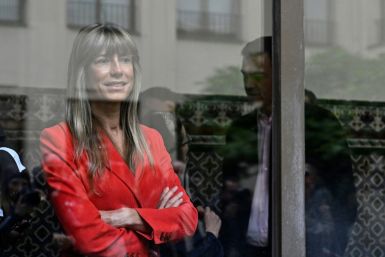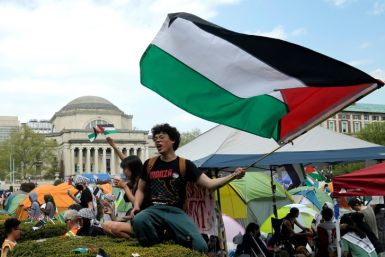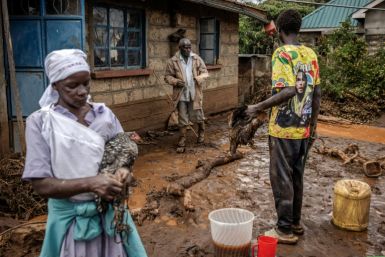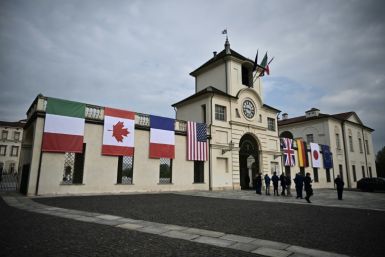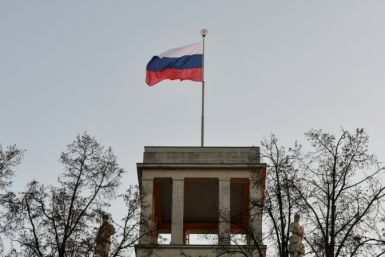COP21: Global rallies, terror attacks might push ‘firm’ climate deal
Hundreds of thousands of people, participating in more than 2,000 events across the globe, marched on Sunday to demand a firm action from world leaders to stop climate change. Demonstrations worldwide are aiming to push a global deal that would limit the potential increase in global temperature to 2°C.
Global demonstrations took place the day before the UN climate summit in Paris, where almost 150 global leaders are meeting to agree for a long-term deal to limit carbon emissions. The 21st Conference of Parties, or COP21, started on Monday.
However, one protest in Paris had turned violent. A large group of demonstrators gathering in the Place de la Republique to protest against the state of emergency in France were fired with tear gas by the police. The order to ban public gatherings was set after the Nov. 13 attacks in the city, with 130 people reportedly killed.
Clashes between protesters and police destroyed candles and tributes for the victims of the attacks. Some memorial candles were thrown by protesters at riot police, according to the BBC.
French President Francois Hollande condemned the clash as "scandalous" as it happened in an area dedicated for memorials to the Paris attacks. There have been 208 people arrested, with 174 still in custody.
However, some experts and observers say that the recent terror attacks in Paris could potentially encourage world leaders for a new agreement, BBC reports. s
"I believe that it will make a deal more likely, because what I feel from the parties is that they are very eager to move," said Amjad Abdulla from the Maldives, chair of the Alliance of Small Island States in the climate negotiations.
In addition, some leaders would also push on removing one of the causes of terrorism to tackle increasing temperatures, said Tom Burke, former U.K. government adviser on climate change and current chairman of environmental think tank E3G.
Prior to the protest, hundreds of linking arms in Paris formed a human chain along the 3-kilometre route of a march called off after the violent attacks. People left a gap in the chain in front of the Bataclan concert hall, where 89 people died.
Hundreds of pairs of shoes, including a pair donated by Pope Francis, who also calls for urgent action on climate change, were left on Place de la Republique. The act is to remember those people who failed to march due to the orders imposed by authorities.
In other parts of Europe, about 10,000 people gathered in Berlin, while in central London, an estimated 50,000 people took part in a march.
Many Australians also gathered in Sydney. Protesters carried placards reading "There is no Planet B" and "Solidarity on a global scale."
Mayor Clover Moore said on a tweet that organisers estimated “at least 45,000" demonstrators in the event. The record, if confirmed, could be the biggest march of its kind in Sydney.
"Those who did the least to cause the problem are feeling the impacts first and hardest, like our sisters and brothers in the Pacific," Oxfam campaigner Judee Adams said in a protest of about 5,000 people in Adelaide. However, there is a wide range of views about the long-term goal to fight climate change.
Some countries argue that the notion of 2°C is not enough to stop climate change, and suggest 1.5°C should be the standard goal. Major oil producers are against the current goal to limit global temperature increase.
Contact the writer at feedback@ibtimes.com.au or tell us what you think below


